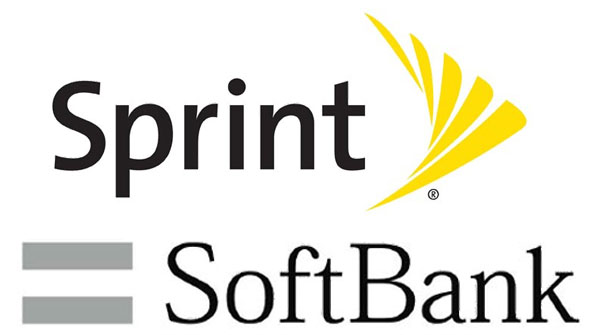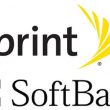Sprint Nextel: SoftBank purchase will not impact 800 MHz rebanding
Japanese-based SoftBank’s proposed purchase of Sprint Nextel will not alter the carrier’s plans to complete the massive 800 MHz rebanding project, which began in 2005 and is not expected to be finished until at least 2015.
Yesterday, SoftBank announced that it will invest $20.1 billion — $8.0 billion in new capital and $12.1 billion to be distributed to stockholders — in Sprint Nextel and will own 70% of a new publicly traded entity known as New Sprint, which will be a subsidiary of SoftBank. However, the transaction will not impact 800 MHz rebanding, which Sprint Nextel is responsible for financing.
“It doesn’t change anything about our progress with 800 MHz,” Sprint Nextel spokesman John Taylor said during an interview with Urgent Communications. “It’s full steam ahead.”
According to Sprint Nextel’s latest report to the FCC, about 85% of non-border public-safety licensees in the 800 MHz band have completed rebanding, while 66% of licensees along the Canadian border have rebanded after four years of work. Rebanding along the U.S.-Mexico border finally will begin after the countries reached an agreement this summer, but many U.S. licensees are stating that the FCC’s plan to complete rebanding along that border in 30 months is not realistic.
Approval from Sprint Nextel stockholders and U.S. regulators is required before the deal is finalized, but most analysts believe that both of those hurdles can be cleared, because federal officials are not as concerned about foreign ownership of communications carriers as they once were.
Established in 1983, SoftBank is the third-largest wireless carrier in Japan and is led by Masayoshi Son, the company’s chairman and CEO.
“This transaction provides an excellent opportunity for SoftBank to leverage its expertise in smartphones and next-generation high-speed networks, including LTE, to drive the mobile Internet revolution in one of the world’s largest markets,” Son said in a statement.
“As we have proven in Japan, we have achieved a v-shaped earnings recovery in the acquired mobile business and grown dramatically by introducing differentiated products to an incumbent-led market,” the statement continued. “Our track record of innovation, combined with Sprint’s strong brand and local leadership, provides a constructive beginning toward creating a more competitive American wireless market.”














